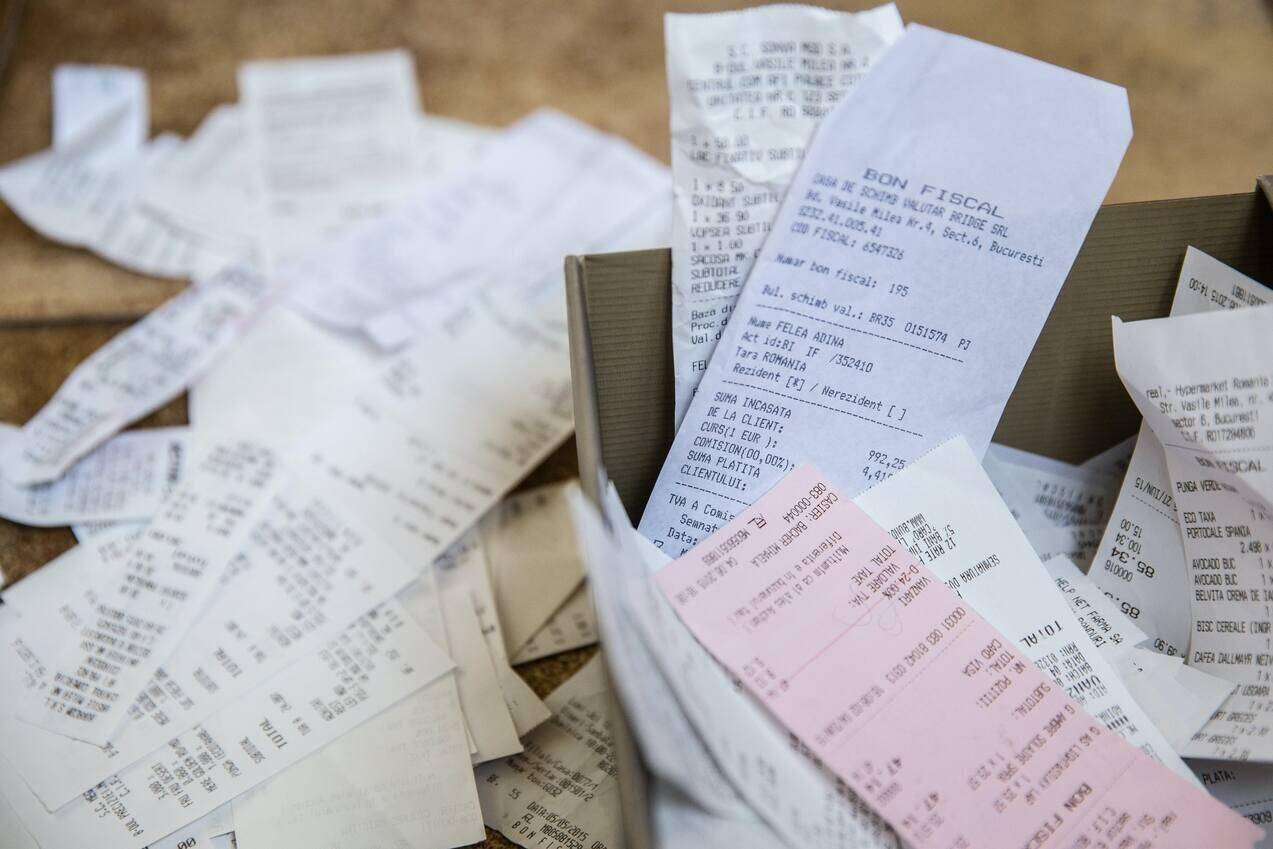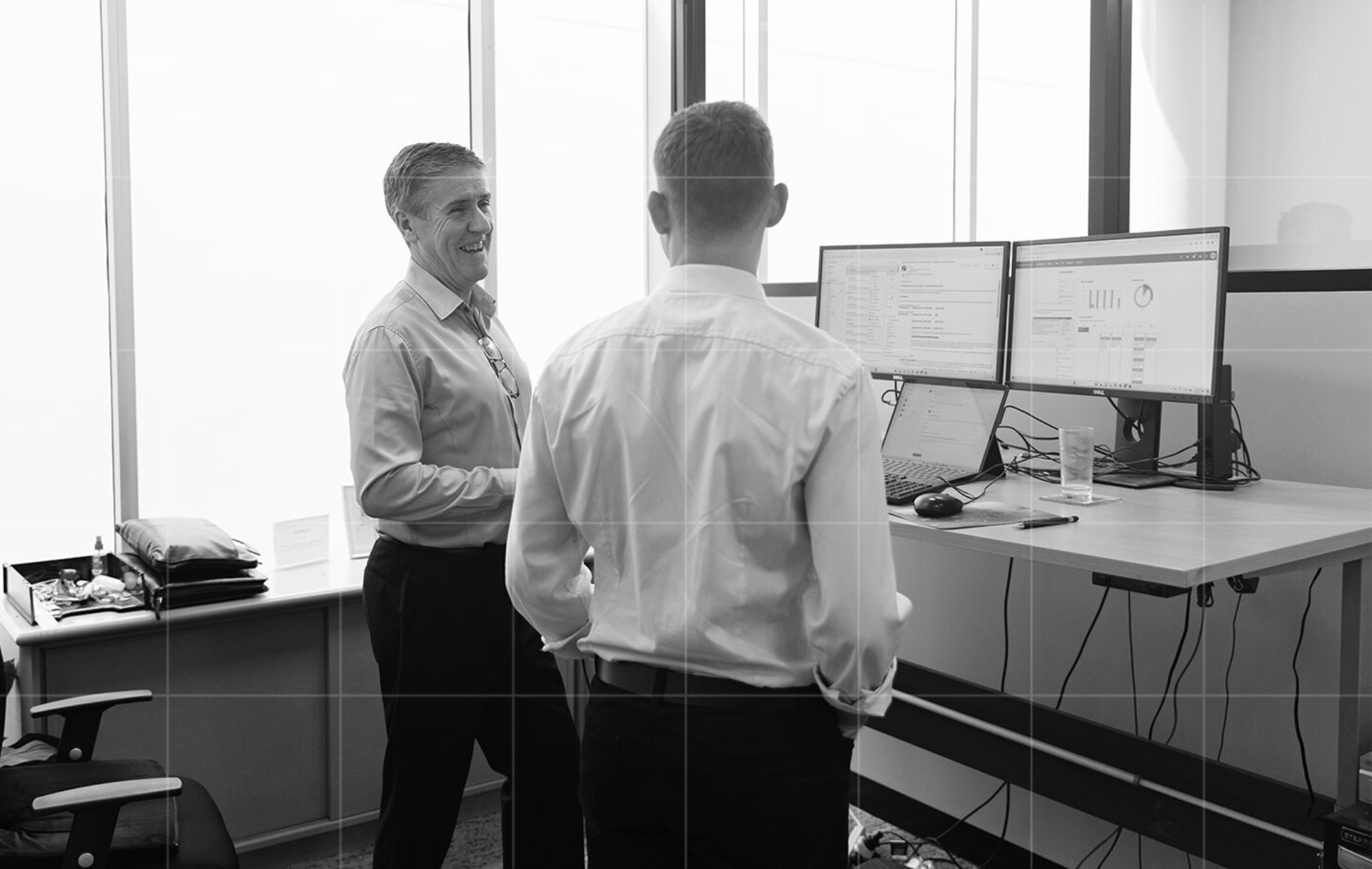Hot tips for your Tax Return - What the ATO are looking for?
Beware of “copy/pasting” claims!
ATO has warned taxpayers that they have their eyes on work-related expenses (like car and travel claims) that are predicted to decrease in this year’s tax returns due to COVID-19 limiting the places we can physically go to throughout the year.
It’s clear that COVID-19 has changed up peoples working habits so beware of the “same as last year” mentality for relative claims.
Cryptocurrency under the microscope
The ATO is concerned that many taxpayers believe their cryptocurrency gains are tax-free, or only taxable when the holdings are cashed back to Australian dollars.
Last year, the ATO directly contacted around 100,000 taxpayers who had traded in cryptocurrency and prompted 140,000 taxpayers at lodgement.
With the rise of digital systems, the ATO is collating and data matching more and more information, so you can’t fly under the radar anymore. They are able to match data from cryptocurrency-designated service providers to individual tax returns, helping to ensure investors are paying the right amount of tax.
Download the ATO’s ‘Cryptocurrency Factsheet’ to read up on tips and information on how CGT applies to cryptocurrency.
Top four “no-go” home office expenses
The ATO has issued a reminder to employees who choose to claim their working from home expenses through the fixed rate or actual cost methods that they still can’t claim:
- Personal expenses like coffee, tea and toilet paper — while they might normally be supplied by an employer, they still aren’t directly related to earning income.
- Expenses related to children’s education, such as online learning courses or laptops.
- Large expenses up-front — any asset that costs over $300 (either in total or per item), such as a computer, can’t be claimed immediately but should be spread out over a number of years.
- Employees generally can’t claim occupancy expenses such as rent, mortgage interest, property insurance, land taxes, and rates — working from home does not mean the home is a "place of business" for tax purposes.
New data-matching programs involving property
As mentioned above, the ATO continues to increase its data matching advising that there will be two new data matching programs launched around dealing with property management.
Property management
The ATO will acquire property management data from property management software providers for 2018/19 through to 2022/23 financial years including;
- property owner identification details, including names, addresses, Australian business numbers (if applicable), contact details, and account details such as BSB number, bank account number, and bank account name; and
- rental property details, including the date the property was first available for rent, the rental income categories and amounts, rental expense categories and amounts, the net rent amount; and
- property manager details, including business name, managing agent name, business addresses (business, postal, internet) and contact details, ABN and licence number
Rental bond
The ATO will acquire rental bond data from state and territory rental bond regulators biannually through to 30 June 2023. The data items include:
- landlord and managing agent identification details (names, addresses, email addresses, phone numbers, etc); and
- rental bond transaction details including rental property address, period of the lease (including commencement and expiration of lease), amount of rental bond held, amount of rent payable for each period, type of dwelling, and unique identifier of the rental property.
The ATO estimates records relating to approximately 350,000 individuals will be obtained each financial year


.png)

